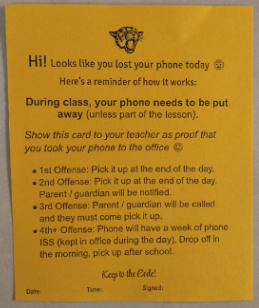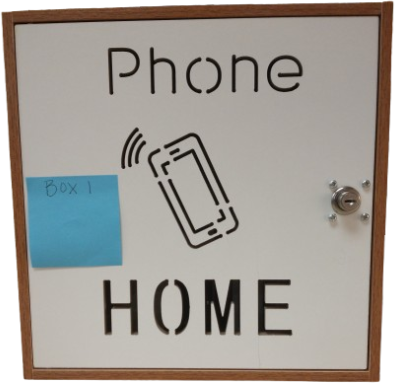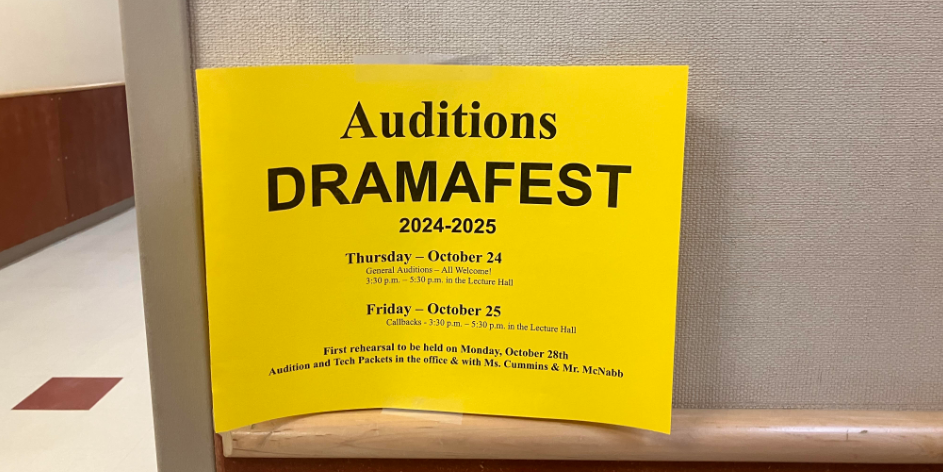Phones are a relatively new invention that schools have struggled to put rules on. As more studies come out about the impact phones have on youth mental health and the more teachers notice their student’s divided attention, the more schools are trying to decide how useful phones actually are in the learning environment. Students have long struggled to focus and engage in learning since the beginning of time, and, phones have advanced the problem. To try and solve the limited attention spans and depressing mental health statistics, schools have started to ban or restrict the use of cell phones during school hours across the country. Some schools have banned phones entirely, not letting students access them from when school starts to when school ends. Other schools only restrict the use of cell phones to passing periods and lunch, much like our own rules at Capital.

Capital’s previous cell phone policies have been lax. In the past years, Capital students needed to put their phones away during class; however, if students were on their phones, there wasn’t a solid consequence. This year, student phones must stay away during class, and violations mean they take their phones to the office until the end of the day. Students return with a yellow slip to verify their phone is at the front office. The phone will be stored. Since the phone policy has adapted and changed, many question whether the policies will continue to change.
When Condee Wood became the principal of Capital High School this year, Wood wanted to ban phones throughout the entire school day like Olympia High School. However, she wanted to “ease the students and staff into it.” Wood also stated that before she makes any more decisions on the phone policy, she’d like to “talk to the community about how they feel.”

According to Wood, the phone policy has been successful in keeping students off their phones. Students have been able to real-time connect with others, stay focused in class, and participate more than ever. Fewer and fewer phones are being turned into the office, meaning fewer students are on their phones during class.
However, despite everything going well, will the school go further? Wood sounds on the fence about changing it “without getting input from others.” Until teachers, students, and parents are consulted, there won’t be any more big changes this year, but there will be more in the future. Wood invited students to listen for opportunities to have input because your input matters.

